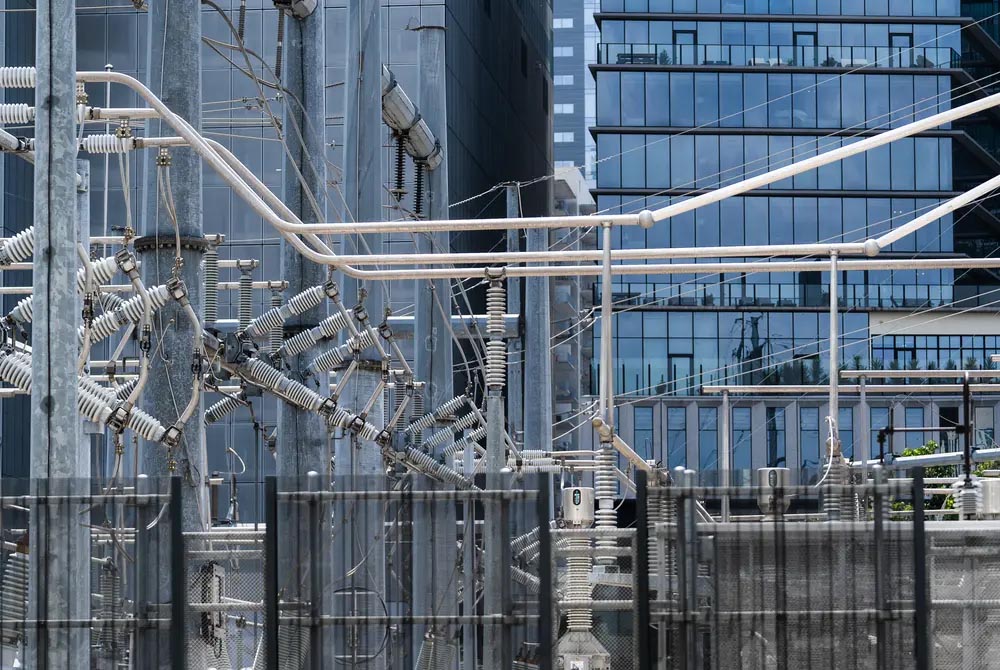By Mitchell Ferman | The Texas Tribune
Texas electricity regulators on Thursday told the public that their electricity should likely stay on through the rest of the summer and that the state’s main power grid is in good enough shape to withstand any potential extreme weather.
With warmer weather expected as soon as next week, Peter Lake, chairman of the Public Utility Commission, which oversees the Electric Reliability Council of Texas, said his agency and ERCOT are working through the rest of the summer with “an abundance of caution” by calling on more reserve power when warmer weather arrives and Texans crank up their air conditioning.
Lake, speaking at a news conference alongside interim ERCOT President Brad Jones, said the approach is a departure from the way the Texas electricity market has historically operated — cheap power being the first priority and “reliability second.”
That order is being reversed, Lake said.
Another key step regulators plan to take to implement the reversal is providing economic incentives for reliable electricity, which Texans will likely pay for, Lake said. He didn’t elaborate on what form those incentives might take or how they’d be financed.
“What does that look like in practice?” Lake said. “We don’t know yet.”
Thursday was the second time in two weeks the interim president of ERCOT and the new chair of the PUC appeared publicly together, as they attempt to assure the public that their power will stay on through the rest of the summer after a disastrous collapse of the grid during a winter storm in February.
Millions of Texans lost power for days in subfreezing temperatures when the state was blanketed with cold weather. About 702 people died as a result of the storm, according to mortality data compiled by BuzzFeed News.
At the time, state leaders underplayed the threat of the power failure to the public. ERCOT and the PUC are seeking to remedy that.
But communicating with a public that now has little trust in the state’s electricity system is challenging, Lake said.
Regulators are working hard to earn Texans’ trust “through more extensive communication, more clarity in our communication to make sure that the message that we’re sending translates clearly from a very complex grid management operation to language that everyday folks will understand,” Lake said. “And that’s no small task.”




